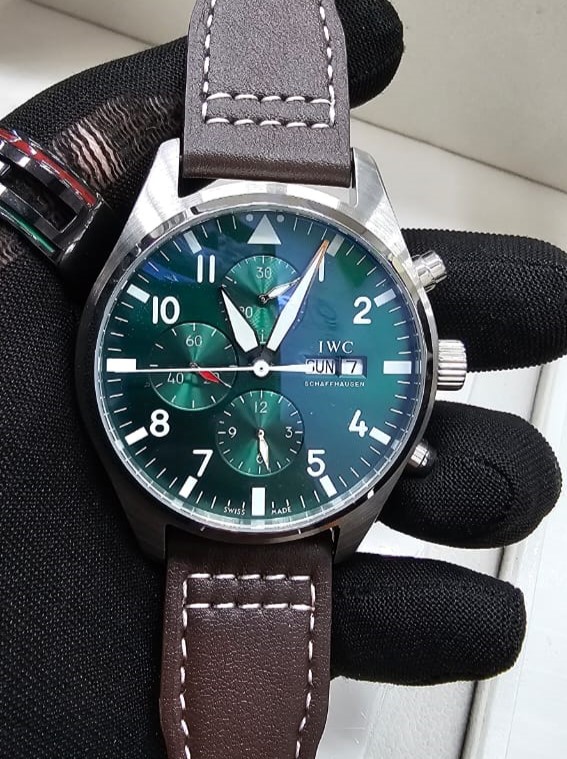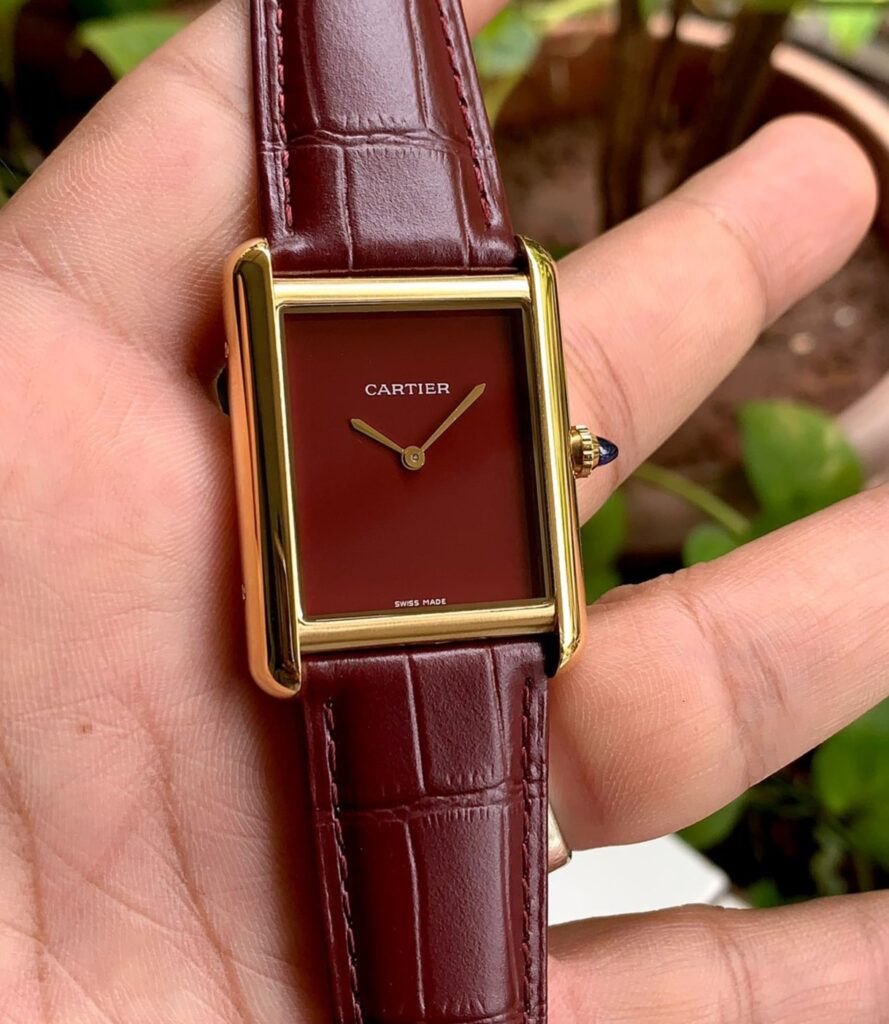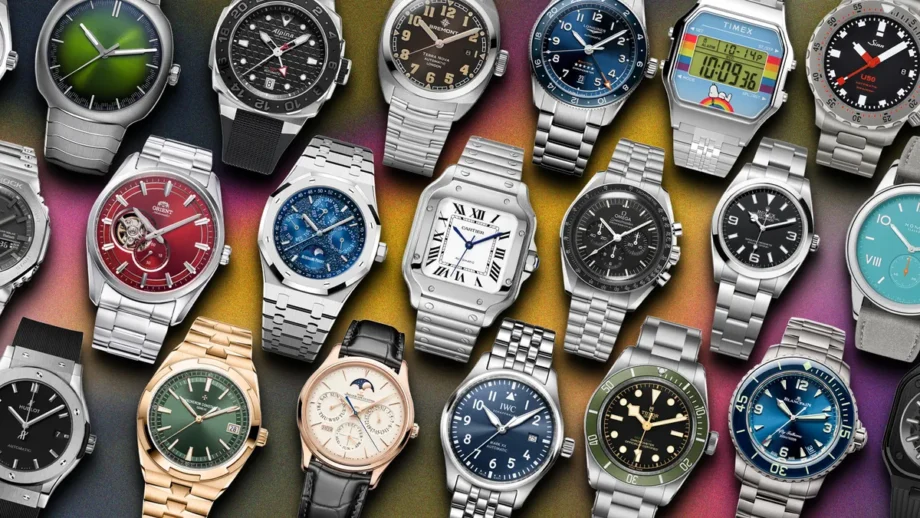Luxury watches have become more than just tools for telling time—they have evolved into symbols of status, craftsmanship, and even investment opportunities. Over the years, high-end timepieces have captivated not only collectors but also investors who see them as a tangible asset with the potential for appreciation. But the question remains: are luxury watches truly a good investment?
In this comprehensive article, we’ll delve into the world of luxury watches as an investment. From market trends and the types of watches that appreciate in value to expert insights on purchasing, maintaining, and selling these coveted pieces, we’ll cover it all. Whether you’re a seasoned watch enthusiast or new to the world of luxury timepieces, this guide will provide valuable information to help you decide whether investing in luxury watches is right for you.
The Appeal of Luxury Watches
Before we discuss the investment potential, it’s important to understand the allure of luxury watches. Unlike other luxury items that might lose value or wear out over time, luxury watches are typically crafted to last a lifetime and even beyond, often being passed down through generations. The craftsmanship, attention to detail, and engineering behind high-end timepieces are what make them so special. Luxury watches are often seen as wearable art, blending tradition, innovation, and elegance into a single piece.
Additionally, luxury watches have an emotional and symbolic value that transcends their utility. Owning a luxury watch can represent success, taste, and personal style. It’s not just about the brand or the cost—it’s about the feeling of wearing something that is unique, timeless, and meticulously crafted.
Historical Performance of Luxury Watches as an Investment
Historically, luxury watches have performed better than many other traditional investments, such as stocks or bonds. Over the past two decades, several iconic models, especially from Swiss watchmakers like Rolex, Patek Philippe, and Audemars Piguet, have seen significant appreciation in value. Some of these timepieces have outperformed the stock market, making them an attractive alternative investment for those looking to diversify their portfolios.
Take, for example, Rolex watches, one of the most recognizable and respected names in the world of luxury timepieces. Models like the Rolex Submariner and the Daytona have shown impressive price increases over the years. Some limited-edition or rare Rolex pieces have increased in value by more than 100% over a few years. The performance of these watches in the secondary market has led many investors to see them as not just a luxury purchase but a viable long-term investment.
On the other hand, watch brands like Patek Philippe and Audemars Piguet have also developed a reputation for creating timepieces that appreciate over time. These watches, particularly limited-edition models or those with unique features, have become highly sought after by collectors and investors alike. The combination of brand prestige, rarity, and craftsmanship contributes to the high resale value of these timepieces.

Why Do Luxury Watches Appreciate in Value?
Luxury watches appreciate in value for several reasons. The primary factors influencing their increase in price include:
1. Brand Reputation and Rarity
Brands like Rolex, Patek Philippe, and Audemars Piguet have built reputations over decades (or even centuries) for producing exceptional timepieces. Their watches are highly coveted, and limited editions or discontinued models tend to increase in value due to their scarcity.
2. Limited Production Runs
Many luxury watch brands only produce a limited number of certain models, particularly in their more exclusive collections. As a result, the supply is constrained, which naturally increases demand, and consequently, the price.
3. Market Trends and Consumer Demand
Luxury watches are driven by trends, just like other luxury goods. As tastes shift and certain models gain popularity (often driven by celebrity endorsements or appearances in media), their value can soar. Watches that become iconic—like the Rolex Daytona, which gained fame through actor Paul Newman—often see significant price increases.
4. Heritage and Craftsmanship
The artistry involved in making a luxury watch is often passed down through generations, and the quality of materials and craftsmanship ensures durability and precision. This long-lasting quality means that luxury watches remain in excellent condition for many years, increasing their longevity and, by extension, their value.
5. Economic Factors
As with any market, the value of luxury watches can also be affected by broader economic factors. For instance, during times of economic prosperity, demand for luxury goods increases, which can drive up prices. Conversely, during economic downturns, high-net-worth individuals may turn to tangible assets like luxury watches as a safe haven for their wealth.
How to Choose a Luxury Watch That Will Appreciate
When it comes to investing in luxury watches, not all timepieces are created equal. While some models may hold their value, others may not appreciate as significantly—or at all. Here are some tips for selecting watches with the best potential for investment growth:
1. Focus on Iconic Brands
The first step is to focus on well-established, reputable brands. These brands have a track record of producing timeless pieces that maintain or increase in value. Brands like Rolex, Patek Philippe, Audemars Piguet, and Omega are known for their long-standing tradition of excellence and have consistently delivered watches that appreciate in value over time.
2. Look for Limited-Edition Models
Limited-edition models are highly sought after due to their rarity. These timepieces are often produced in small quantities, and once they’re gone, they’re gone for good. Limited editions, especially those that commemorate anniversaries or special events, can see substantial increases in value as collectors scramble to get their hands on one.
3. Research Specific Models
While brand is important, not all models from the same manufacturer will have the same investment potential. Some watches are more collectible than others, either because of their rarity, unique features, or historical significance. For example, the Rolex Daytona or Patek Philippe’s Nautilus models are among the most sought after in the market.
4. Condition and Provenance
The condition of the watch plays a crucial role in its resale value. Watches in mint condition, with original packaging and documentation, are worth much more than those that show signs of wear and tear. Provenance—essentially, the history of the watch—can also affect its value. Watches owned by famous individuals or associated with significant events can fetch higher prices at auction.
5. Avoid Fad Watches
Investing in watches based on trends or current fads can be risky. While it may seem tempting to buy the latest model from a brand that’s getting a lot of buzz, these watches may not have the staying power to appreciate over time. Stick to classic, well-established models that have demonstrated a track record of appreciating in value.

Risks of Investing in Luxury Watches
While luxury watches can offer substantial returns, they are not without risks. The watch market, like any other, can fluctuate based on supply and demand, economic conditions, and trends. There are no guarantees that a watch will appreciate in value, and in some cases, a particular model or brand may not perform as expected.
Additionally, the process of buying and selling luxury watches requires expertise. Determining the authenticity, condition, and true value of a watch can be challenging for beginners. If you’re not knowledgeable about the intricacies of the watch market, you may make costly mistakes.
Lastly, luxury watches are also subject to market volatility. Changes in consumer preferences or economic downturns can lead to sudden shifts in demand, which can negatively impact the value of your watch collection. Unlike other investments like stocks, which can be easily traded and sold, luxury watches may take time to sell, especially if you’re looking for a specific price.
How to Buy and Sell Luxury Watches
For those looking to invest in luxury watches, it’s important to understand the buying and selling process. Here are some key tips to help you navigate the world of watch investment:
1. Buying from Reputable Sources
When purchasing a luxury watch, always buy from reputable dealers, either authorized retailers or well-known secondary market specialists. Authenticity is crucial in the luxury watch market, and purchasing from an unreliable source can lead to costly mistakes. Always request the necessary documentation, including certificates of authenticity and warranty cards, to ensure you’re getting a genuine product.
2. Maintain the Watch Properly
Proper maintenance and care are essential to preserve the value of your luxury watch. Regular servicing by authorized professionals and keeping the watch in good condition will ensure it retains its worth over time.
3. Sell through Established Channels
When it comes time to sell your watch, consider reputable auction houses, established online platforms, or high-end dealers specializing in luxury watches. Selling through trusted channels ensures you get the best price and avoid scams or undervaluation.
The Future of Luxury Watches as an Investment
As we look toward the future, the market for luxury watches continues to evolve. The rise of online watch auctions and digital platforms has made it easier than ever for buyers and sellers to connect, increasing market liquidity. The continued interest in luxury timepieces as status symbols and long-term investments shows no signs of slowing down.
Moreover, emerging markets, particularly in Asia and the Middle East, are driving demand for luxury watches, creating new opportunities for collectors and investors. As the global economy grows and wealth distribution shifts, the market for luxury watches will likely continue to expand, offering new opportunities for savvy investors.
Conclusion
Luxury watches can be an excellent investment, but like any asset, they come with their own set of risks. If you’re looking to invest in high-end timepieces, it’s important to do your research, focus on brands and models with a strong history of appreciation, and be patient as the value of your watches grows over time.
Ultimately, a well-chosen luxury watch can provide both personal enjoyment and financial gain, making it a unique investment option for those with a passion for horology and a desire to diversify their portfolios. For those looking to start their journey into luxury watch investment, Watchblend offers a curated selection of premium timepieces with expert advice to help you make the best choice for your collection. Visit Watchblend for a personalized experience and explore some of the finest watches available in the market.

